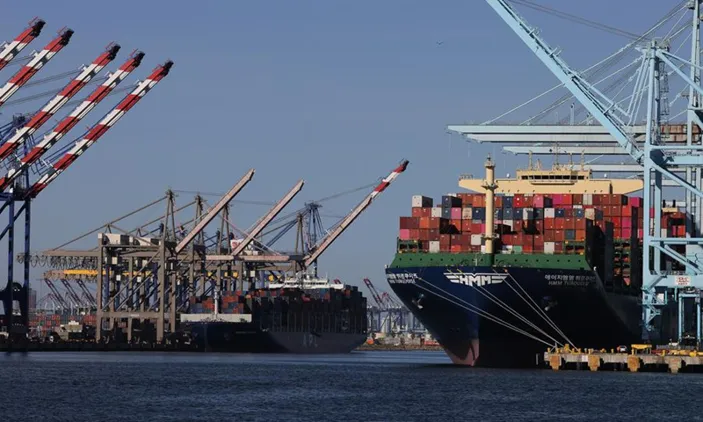EU US tariff deal faces backlash over steep duties and grim prospects

The EU-US tariff agreement has sparked significant backlash among European business leaders, who are voicing concerns over elevated tariffs and the potential adverse effects on global trade. The deal, announced by the US on Sunday, includes a hefty 15 percent tariff on EU goods.
Finnish Minister for Foreign Trade and Development Ville Tavio remarked that, despite the easing of tensions, the deal fails to bring any cause for celebration due to the persistently high tariff levels. Tavio expressed skepticism about the long-term sustainability of the agreement, suggesting a wait-and-see approach.
In light of these developments, Tavio has called for the European Commission to provide comprehensive details regarding the agreement and the positions of EU member states. He highlighted that ongoing tariff negotiations have exacerbated trade policy strains and contributed to growing instability in global trade.
Criticism has also emanated from Germany's business and economic sectors, where the tariff levels are deemed harmful. Estimates from the Kiel Institute for the World Economy predict that a broad 15 percent tariff, coupled with increased duties on steel and aluminum, could negatively impact Germany's GDP by 0.15 percent within a year, translating to a financial burden of around 6.5 billion euros, or 7.1 billion dollars.
Furthermore, the overall GDP of the EU is expected to decline by approximately 0.1 percent as a consequence of the new tariffs. Julian Hinz, head of the Research Center Trade Policy at the Kiel Institute, has characterized the agreement to lower tariffs to 15 percent as a 'bad deal,' arguing that it is only slightly better than the previous threats of 30 percent tariffs made during the Trump administration.
Hinz expressed his view that this agreement undermines the rules-based global trading system, labeling it a serious strategic error. The psychological impact on European firms and the potential for increased volatility in international markets continue to be pressing concerns.
The deal has been described by Germany's BGA wholesale and export association as a painful compromise that poses an 'existential threat' to many of its member businesses. They have urged for a strategic pivot away from dependency on their largest trading partner.
BGA President Dirk Jandura stated that recent months should serve as a wake-up call for Europe. He emphasized the necessity of preparing for the future strategically and called for the establishment of new trade agreements with the world's leading industrial powers.
Read These Next

Samsung Electronics' stock surges 683, reaching a new high since September.
Samsung Electronics' stock rose 6.83% on July 28, reaching its highest close since September 2024, boosting investor confidence.

Annual Report: Stability Amid Economic Uncertainty
The annual report reflects a significant level of stability within the company's capital structure, marked by no changes in share capital and consistent issuance of shares and convertible bonds. However, it raises concerns about stagnation risk amidst a demand for corporate adaptability.

"Quishing scams deceive millions via malicious QR codes"
The article discusses the rise of 'quishing', a phishing scam using QR codes, revealing the vulnerabilities and societal impacts associated with this emerging cyber threat.
